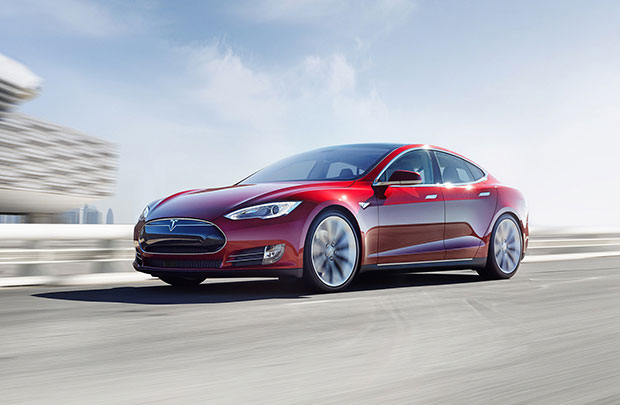US Department Of Transportation Could Mandate Vehicle-To-Vehicle Communications Making Roads Safer
It's clearer than ever that our future is going to include a lot of automation, and that even includes our passenger cars, trucks, and mass transit. Companies like Google, Tesla, and NVIDIA have been working hard to develop technologies that will allow people to drive without even having to pay attention to the road. Of course, with technologies that can put everyone's lives at risk, the government hasn't been hasty in allowing the autonomous transition to happen.
Autonomous technology today is without question, impressive, but to persuade the governments to approve autonomous vehicles from littering the road, a lot more has to be done. Today, we learn of a proposal of mandatory vehicle-to-vehicle (V2V) communications on "light" vehicles, effectively allowing one vehicle to talk to another.

The benefits here should be obvious. Right now, all autonomous vehicles get their information from virtually every place but the other autos around them. While the success rate of autonomous driving tests has proven to be extremely good, V2V communications could essentially rule out regular traffic accidents from ever happening.
That might sound outlandish to some, but that's the future we're headed towards. If 100 percent of the cars on the road were controlled by computers, it seems obvious that the number of fatal accidents would plummet to zero, or at least very close. The NHTSA claims a more reasonable number: an 80 percent reduction in non-impaired accidents.

To pull V2V communication off, we'd need some standards, because all cars would have to be able to talk to each other without some ironic digital roadblock. At such a time when our autos are all equipped with V2V functions, the biggest cause of accidents would be tied to mechanical failure - and even those hopefully wouldn't prove fatal with other smart autos on the road continually evaluating their surroundings.
If you have a concern or question about this proposed rule, it will be open for public comment for the next 90 days.

